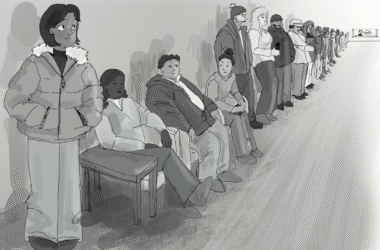Researchers at McGill and affiliated institutions have received $5 million to study the effects of common synthetic substances on reproductive health.
Awarded by the Canadian Institute for Health Research (CIHR), the five-year grants will fund two multidisciplinary teams of researchers from McGill University, the Research Institute of McGill University Health Centre (RI-MUHC), and several other universities in Quebec and Ontario.
Dr. Cindy Goodyer, of the RI-MUHC, and Dr. Barbara Hales, a professor of pharmacology and therapeutics at McGill, are set to lead one of the teams. They will study the physiological effects of brominated flame retardants (BFRs), which exist in many household products and accumulate in dust.
Goodyer has previously found that BFRs can become concentrated in human fetal tissues, but the role of BFRs in reproductive development remains unclear. The team will investigate how chronic BFR exposure affects humans, and will use analogous animal experiments to manipulate levels of BFR exposure at various stages of development.
“We are especially interested in the development of baby boys after in utero exposures,” Hales said. “In adults, we want to see what happens to male and female fertility.”
Another team, led by Dr. Bernard Robaire of the RI-MUHC, plans to look at the impact of phthalates on male fertility. Phthalates, which are found in most plastics, have been suggested as potential environmental pollutants that may contribute to reduced sperm count.
In addition to using tissue cultures to study biochemical effects of phthalates, the team will run correlational studies of phthalate exposure, human sperm count, and testosterone levels. As a second part of the project, chemical engineers will synthesize and test new plasticizers to create benign alternatives to phthalates.
A group of ethicists are collaborating in both grants and will look at the social and legal aspects of the teams’ findings.
“Because phthalates are so widely used,” said Dr. Peter Chan, another RI-MUHC researcher, “if we do find any kind of effect we can pass information on that will be useful for policymakers.”








